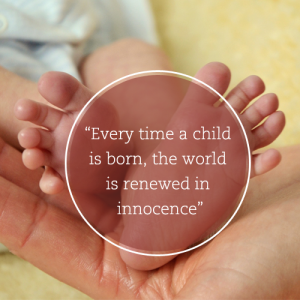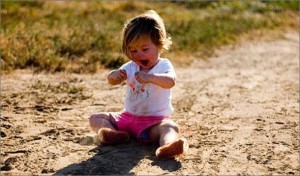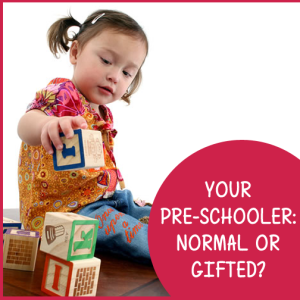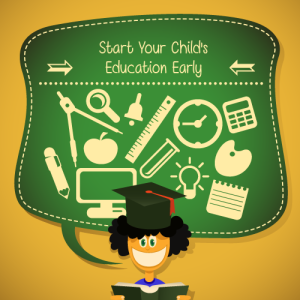 “Every time a child is born, the world is renewed in innocence”
“Every time a child is born, the world is renewed in innocence”
Hi, Everyone! Today is Children’s Day! Although we are too big for that, we still can enjoy it with our kids and teach them about the significance of this day. Children’s Day in Hindi is known as ‘Bal Diwas’ and is celebrated on the 14th [Read more…]


